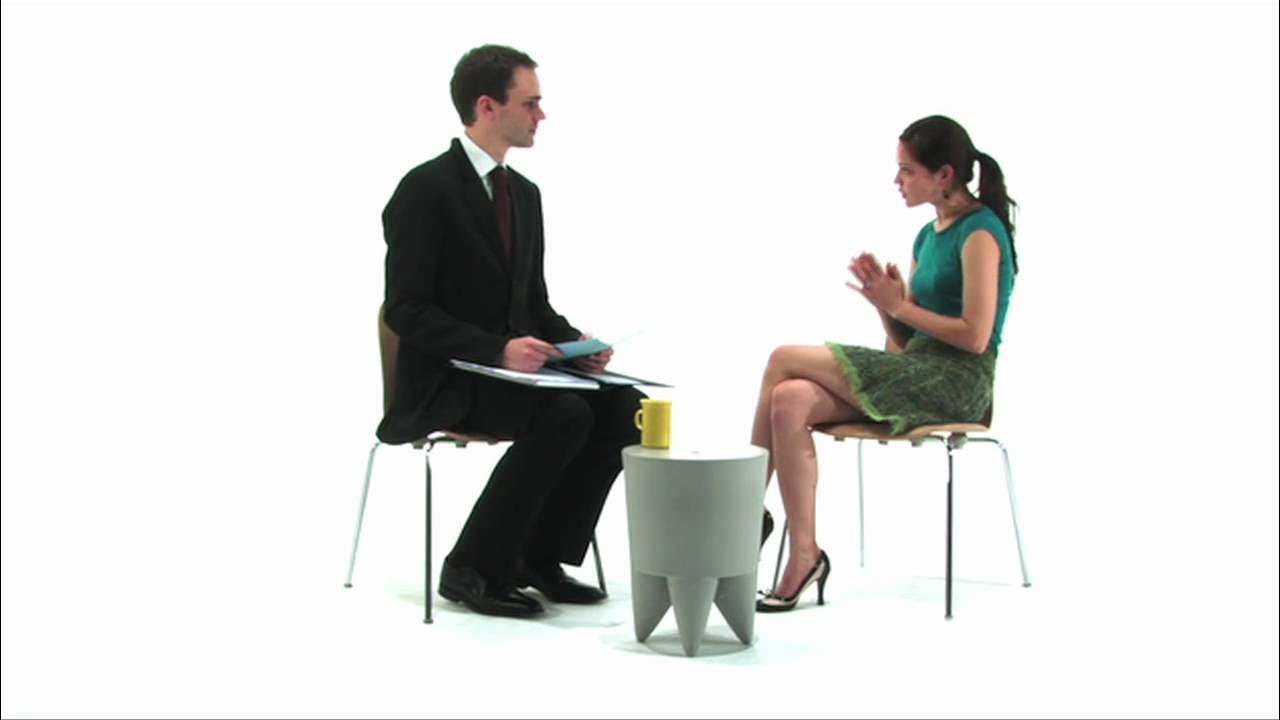Expressing Intention | kelas 10 (X) | Bahasa Inggris | Function, Structure, Language Features
Summary
TLDRThis educational video explains expressions of intention in English, focusing on how to ask and tell about future plans. Viewers learn about common phrases such as 'What are you going to do?' and 'I'm going to visit my hometown.' The video also covers the social function of intention expressions, which are used to discuss future actions, and the grammatical rules involved, including the use of simple future tense and structures like 'will' and 'be going to.' By providing practical examples and explanations, the video helps learners effectively communicate their plans and intentions in English.
Takeaways
- 😀 Understanding 'Expression of Intention': This refers to stating or talking about plans or things you want to do in the future.
- 😀 Social Function: The social function of expressing intention is to communicate plans or future actions.
- 😀 Asking for Intention: Common expressions to ask about someone's plans include 'What would you like to do?', 'What are you going to do?', and 'What will you do?'
- 😀 Telling About Intention: To express your own plans, use phrases like 'I'm going to...', 'I plan to...', 'I'm thinking of...', and 'I intend to...'.
- 😀 Example 1: 'I'm going to visit my hometown this weekend' – a way to talk about a future plan.
- 😀 Example 2: 'Do you have any plans for the weekend?' – a common question to ask someone about their intention.
- 😀 Simple Future Tense: 'Expression of intention' often uses the simple future tense (will + verb) or 'be going to' + verb.
- 😀 Will vs. Be Going To: 'Will' is used for sudden decisions or predictions, while 'be going to' is used for plans that are already decided.
- 😀 'Would like' and 'Would you like': These expressions are used to express desires, plans, or invitations (e.g., 'Would you like to join me?').
- 😀 The Importance of Grammar: It's important to remember the correct grammatical structures for expressing intentions, such as 'I will' for decisions or 'I am going to' for planned actions.
Q & A
What is the main topic of the video?
-The main topic of the video is the expression of intention in English, including how to ask about and express future plans or intentions.
What does 'expression of intention' mean in the context of this video?
-An expression of intention refers to something that someone wants or plans to do in the future. It is used to talk about future actions or plans.
What is the social function of expressing intention?
-The social function of expressing intention is to state plans or something someone intends to do in the future, allowing others to understand future actions or goals.
What are some common expressions used to ask about someone's intention?
-Common expressions to ask about someone's intention include 'What would you like to do?', 'What are you going to do?', and 'What will you do?'
What are some expressions used to tell others about your intention?
-To express one's own intention, people commonly use phrases like 'I'm going to...', 'I intend to...', 'I'm thinking of...', and 'I plan to...'
What is the difference between 'will' and 'be going to' in expressing intention?
-'Will' is used for decisions made at the moment of speaking or for predictions, while 'be going to' is used for plans that are already decided or intended.
What is an example of an intention expression in the video?
-An example from the video is 'I'm going to visit my hometown this weekend', which indicates a planned action for the future.
What grammatical structure is commonly used in expressing intention?
-The grammatical structure commonly used in expressing intention is the simple future tense, often formed with 'will' or 'be going to' followed by the base form of the verb.
How is 'would like' used in expressing intention?
-'Would like' is used to express desires, plans, or invitations. It is commonly used to indicate something one wants to do or a suggestion, such as 'Would you like to come with me?'
Can you provide an example of a dialog demonstrating 'asking for intention'?
-An example from the video is the dialog: 'Rendra: Do you have any plans for the weekend? My class will visit the museum. I’m going to visit my hometown this weekend.'
Outlines

This section is available to paid users only. Please upgrade to access this part.
Upgrade NowMindmap

This section is available to paid users only. Please upgrade to access this part.
Upgrade NowKeywords

This section is available to paid users only. Please upgrade to access this part.
Upgrade NowHighlights

This section is available to paid users only. Please upgrade to access this part.
Upgrade NowTranscripts

This section is available to paid users only. Please upgrade to access this part.
Upgrade NowBrowse More Related Video

ASKING AND GIVING INFORMATION | Bahasa Inggris Kelas 8 SMP

Bahasa Inggris SMA | Contoh Soal Materi Services | Would You Like A Little Trim?

EF podEnglish - 35 Job Interview (Pre Intermediate)

Expressing Satisfaction and Dissatisfaction

EASY ENGLISH CONVERSATION: How to tell a story in English

EXPRESSION OF PREDICTING, SPECULATING AND JUDGING (KELAS XII SEMESTER 2)
5.0 / 5 (0 votes)